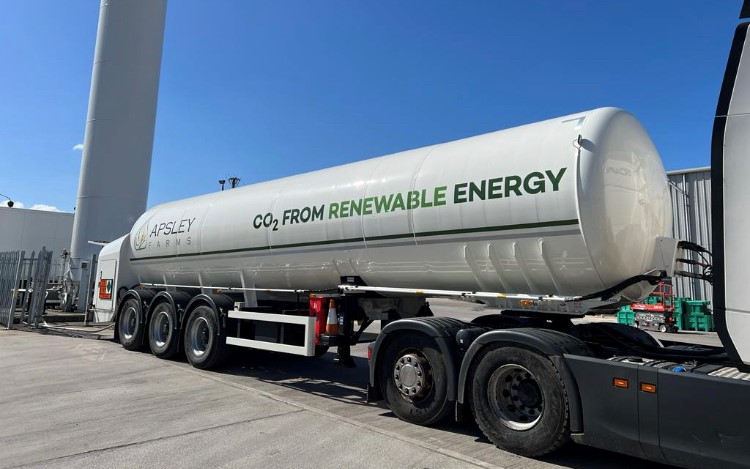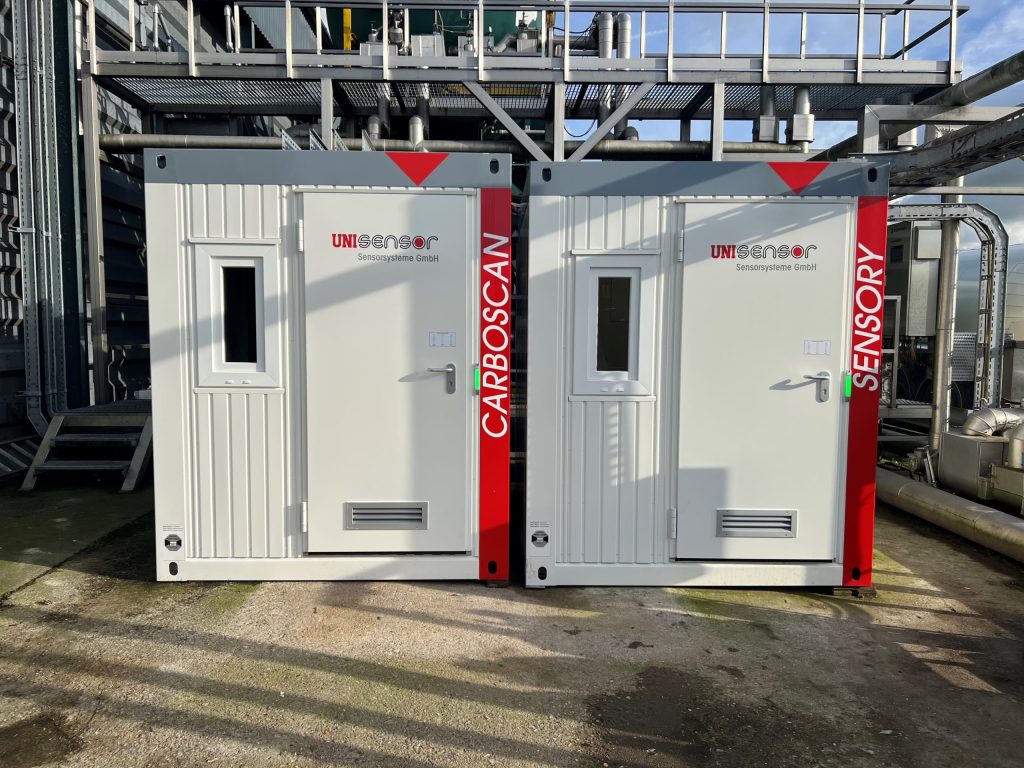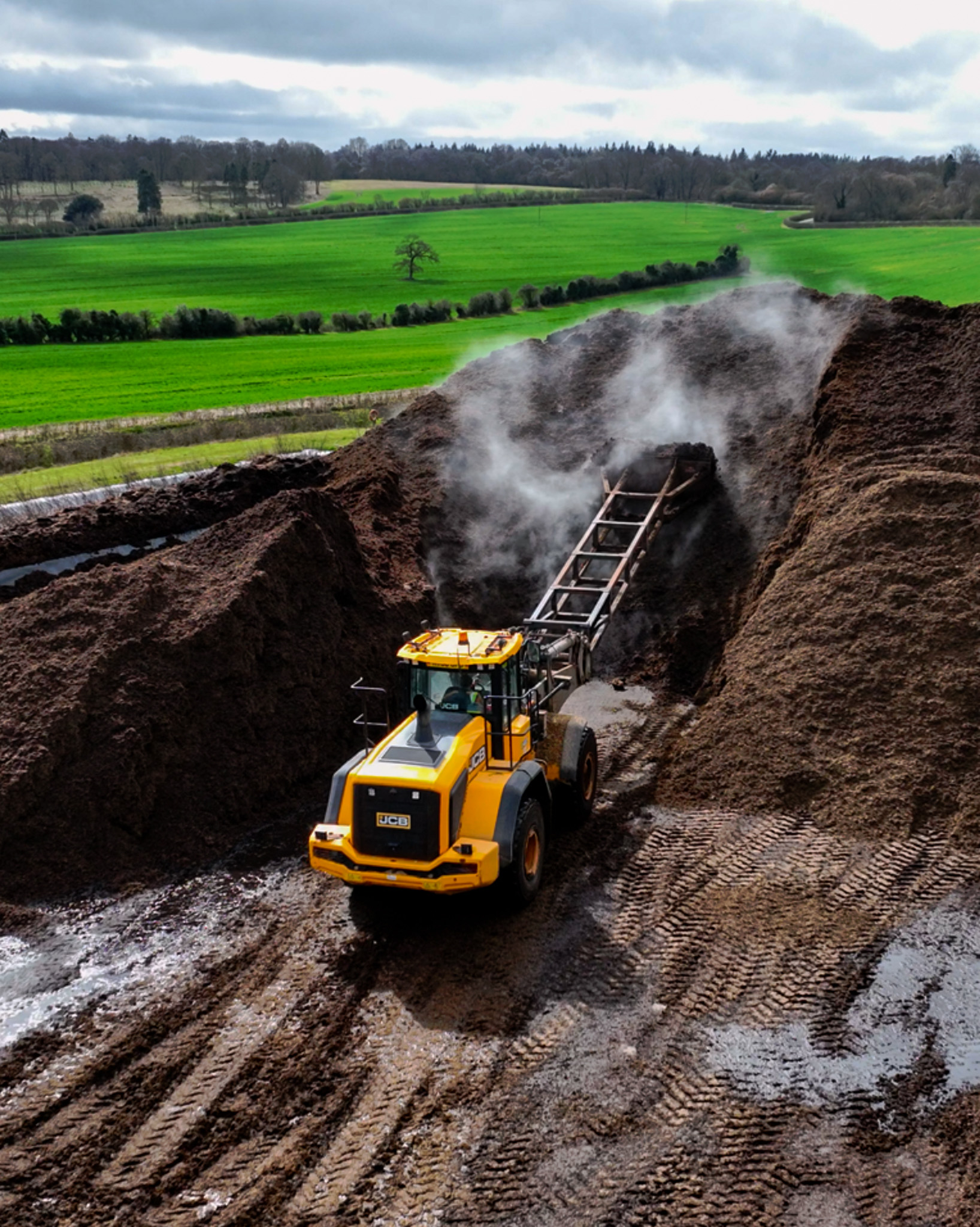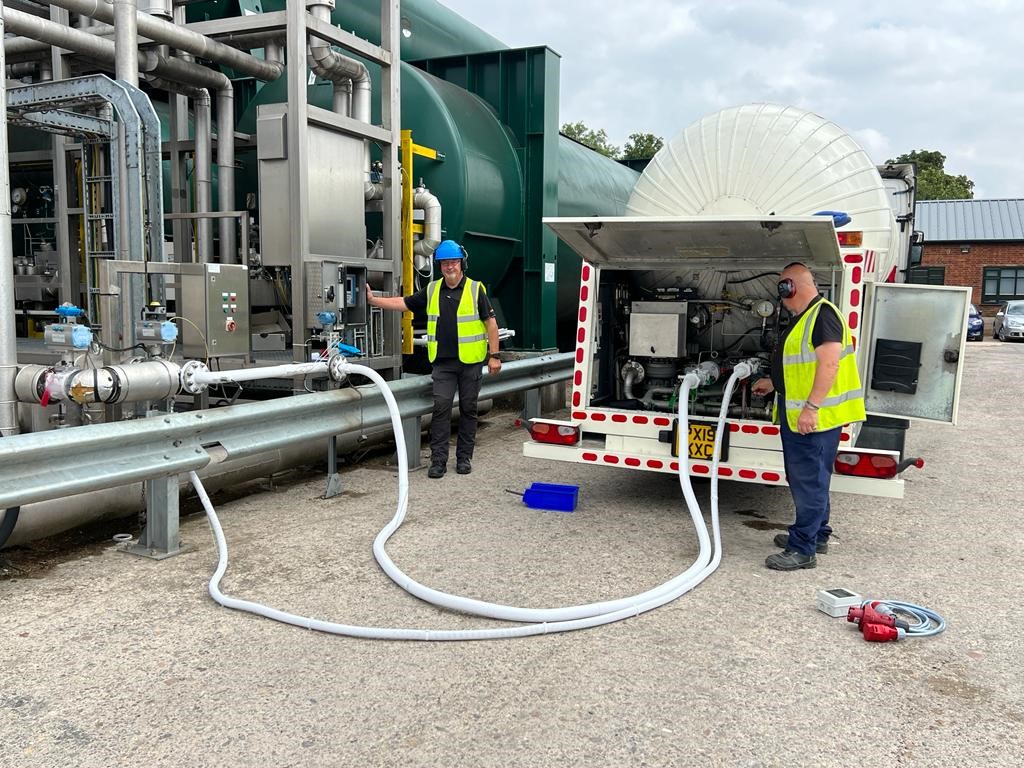Working towards net zero
Striving to be sustainable and minimising our carbon footprint are central to all Operations at Apsley Farms.
Our philosophy is built on working more efficiently, consuming fewer resources, reducing our environmental impact as well as helping others to do the same. Every quarter the Farm completes a full carbon model to assess our carbon footprint. Insights that are gained from this report will help inform our future business practices.
The team at Apsley Farms is proud of what’s been achieved towards reducing our carbon footprint. But our ambitions go further still and we’re committed to making our operations completely carbon neutral. Watch this space!


Reducing CO2 emissions
Our operations at Apsley Farms supplies the UK with biomethane, electricity, CO2, soil improvers and liquid fertilisers. Our methods allow all these product to be produced with a much lower carbon footprint than traditional means.
Carbon modelling shows that the carbon footprint of our biomethane production is just 5% of natural gas. This means that our gas production now reduces the UK’s CO2 emissions by around 27,500 tonnes per year. Since the start of our gas production, that adds up to 150,000 tonnes. That’s the equivalent of taking 93,000 cars off the road for a year!
In addition, our high-quality mulch offers a low-carbon footprint alternative to ammonium nitrate fertiliser (which is produced by high-energy processes). By displacing this from the market, we estimate that, to date, we’ve lowered UK carbon emissions by a further 1000 tonnes.
We use farming practices which lower soil disruption.
Tilling the soil inevitably releases considerable volumes of CO2 as well as disrupting soil integrity and soil ecosystems. Our minimal tillage operations are designed to produce small tills. By using advanced RTK technology, we can also reduce the number of passes needed by farm machinery.
Working within a circular economy
A circular economy is one which recycles resources and minimises waste. Moving towards circular economy systems is considered vital for long term sustainability.
Our business model has used circular economy principles for over a decade, and we continue to bridge any gaps. For example, our energy needs – both for electricity and heating – are supplied from our own biodigesters. Our own digestate fertilises for our fields – and some of our partner farms. Even our CO2 is cleaned and supplied to the food industry.


maximising efficiency across all our operations
Efficiency is a major factor guiding all of our operations, including:
High-spec biodigester design to maximise production of biogas
High-tech CHP generators to produce heat and electricity with minimal waste.
Use of efficient membrane systems to separate CO2 cheaply and with lower energy costs
Advanced monitoring systems to ensure biodigester bacteria can work optimally
RTK and other farming technology to reduce chemical input and farm machinery fuel use.
